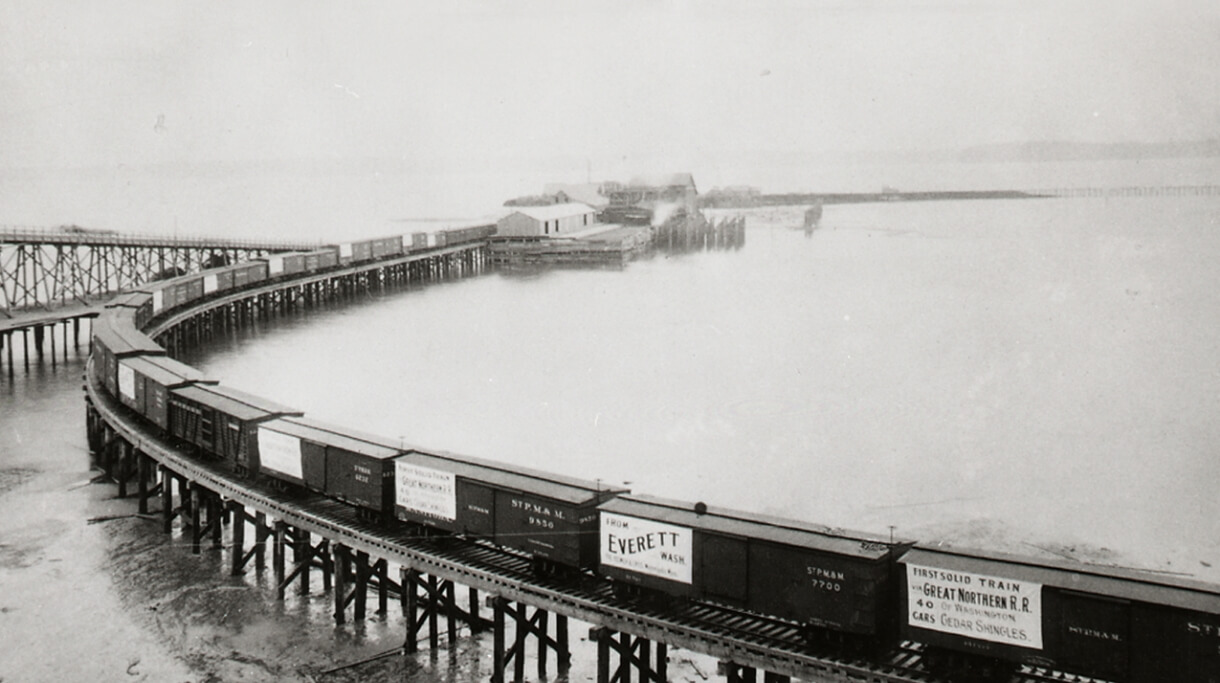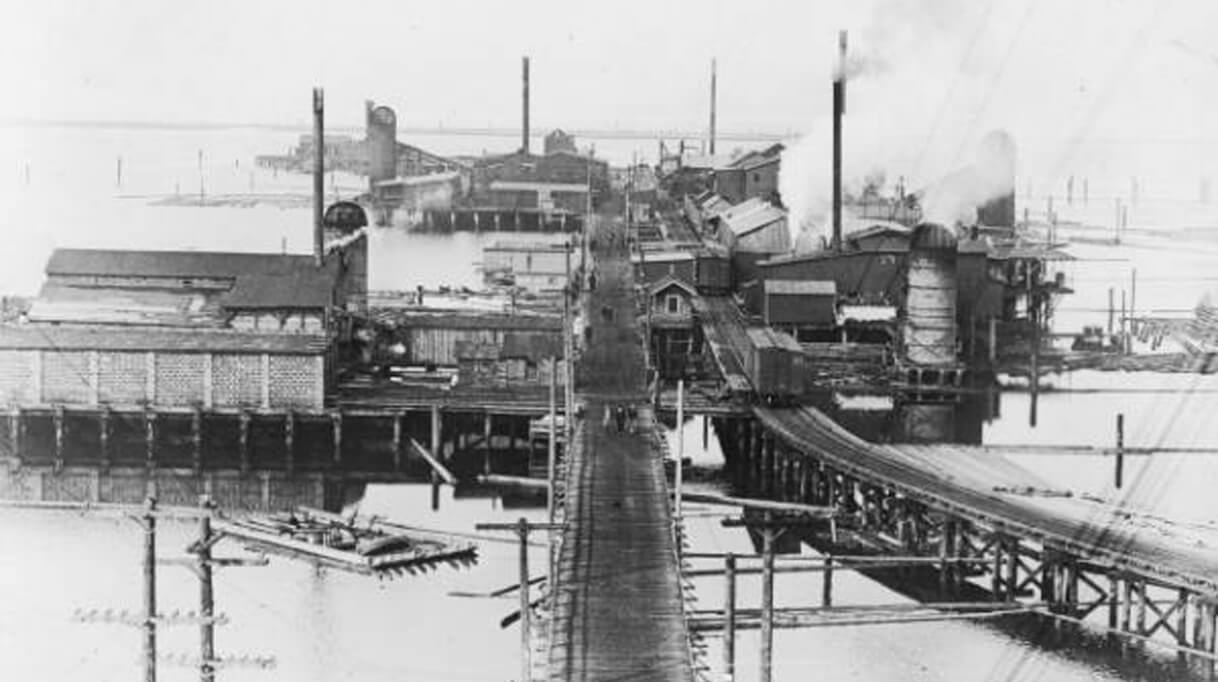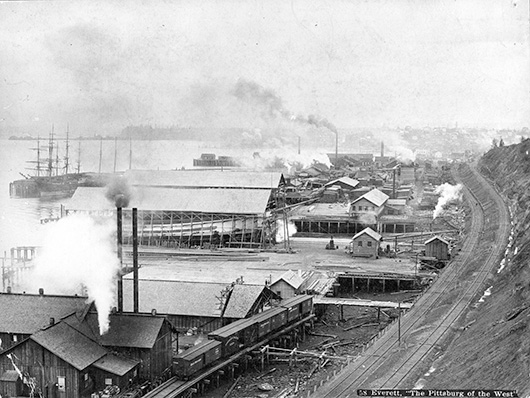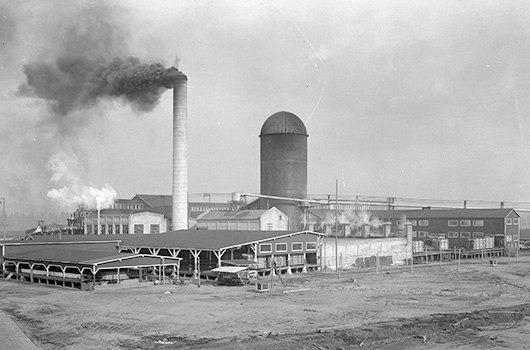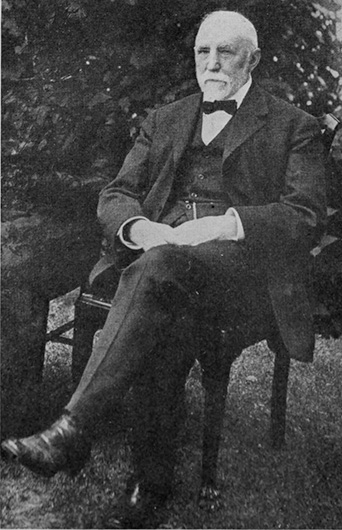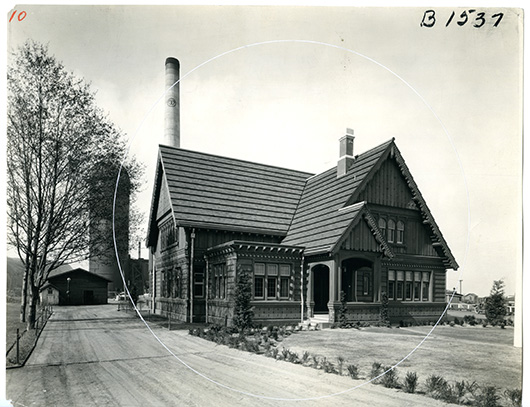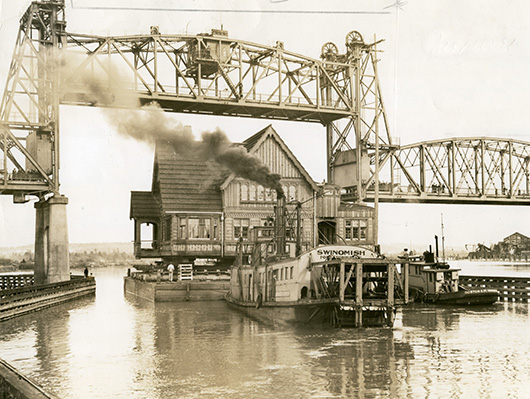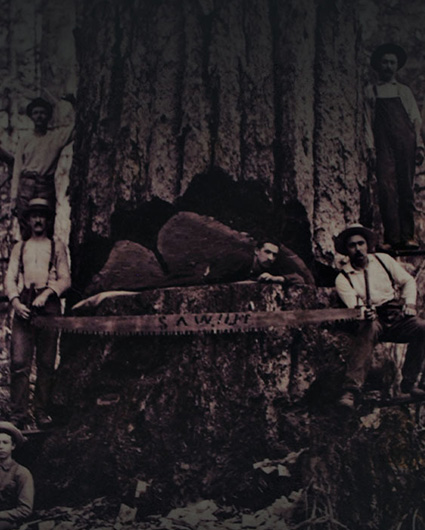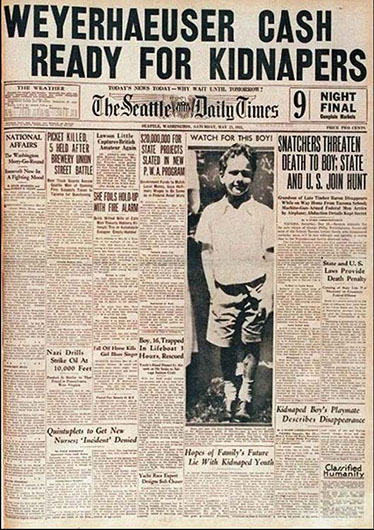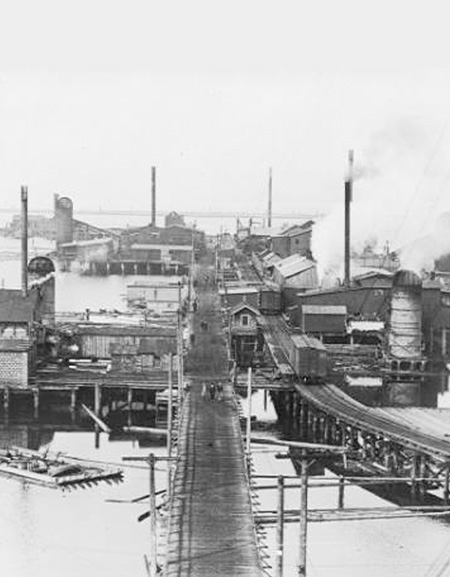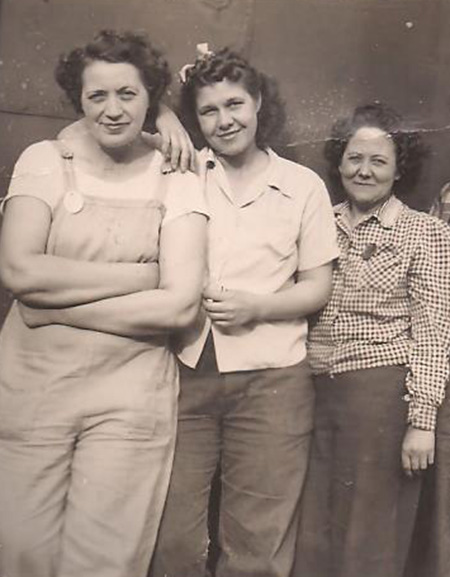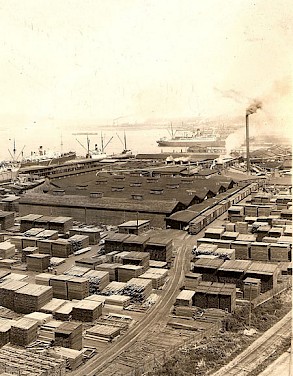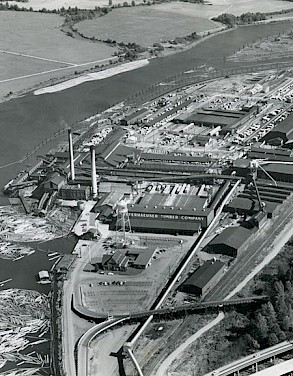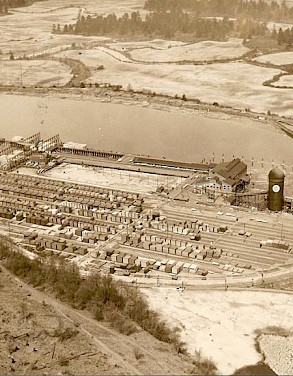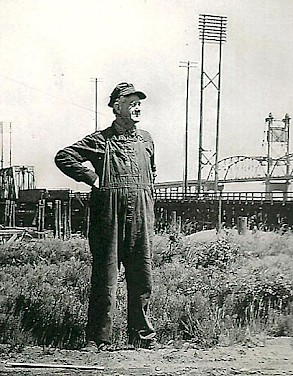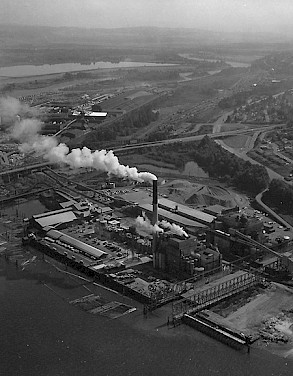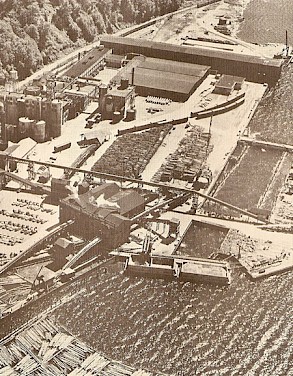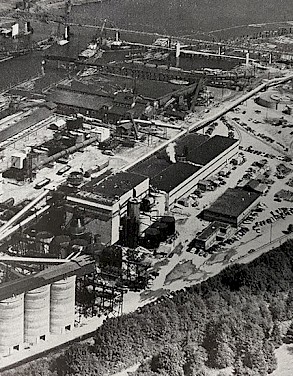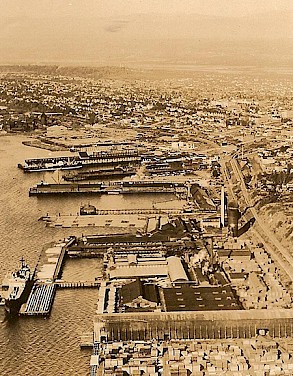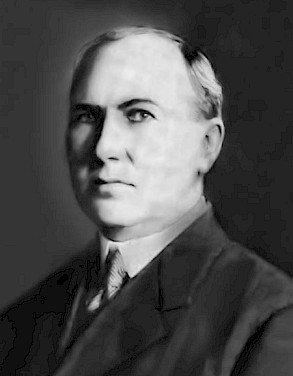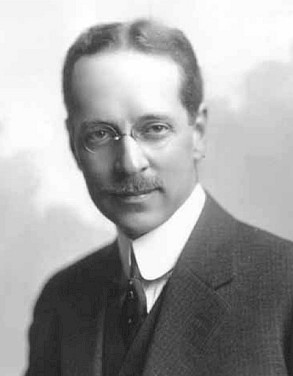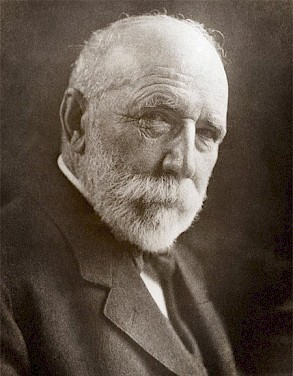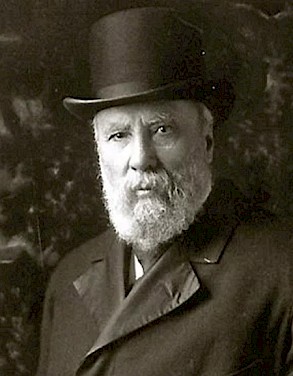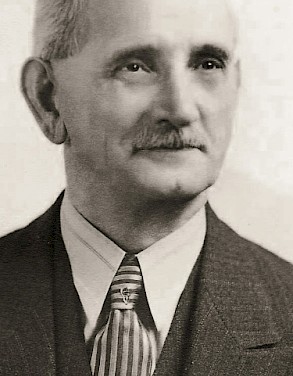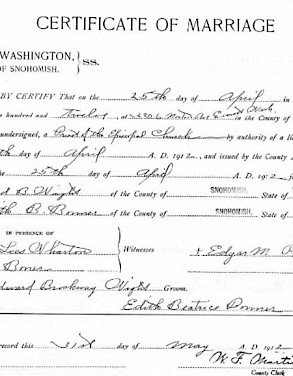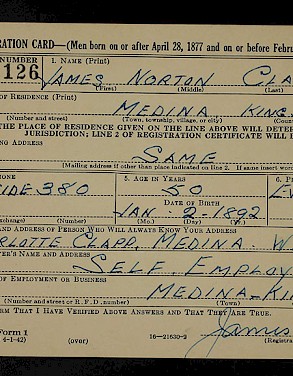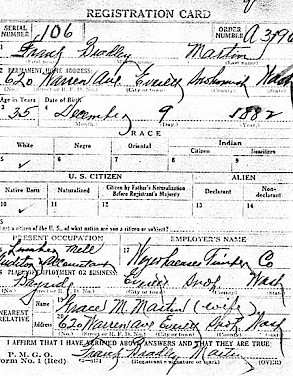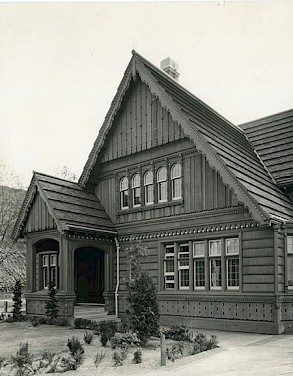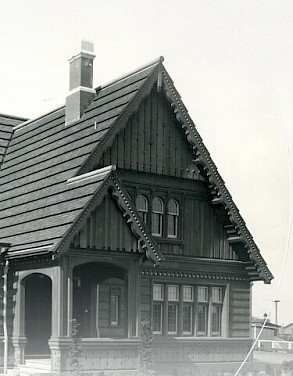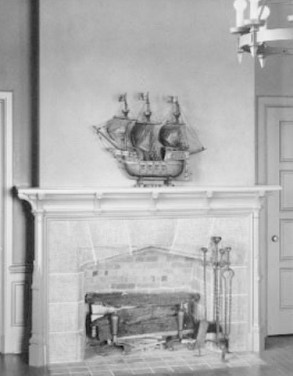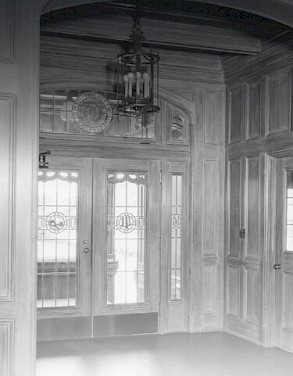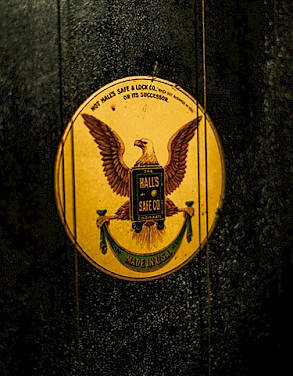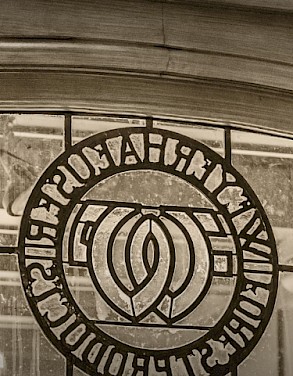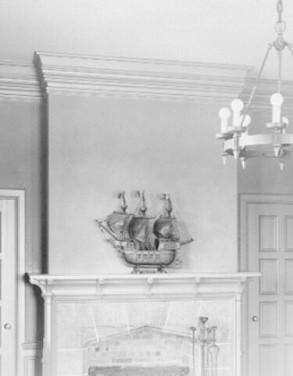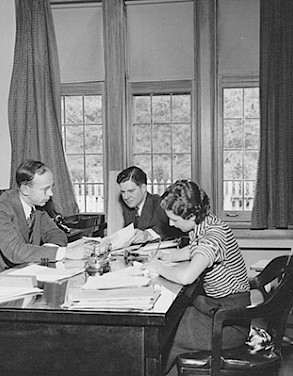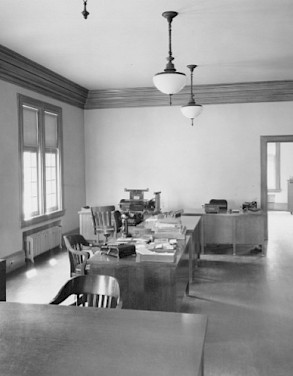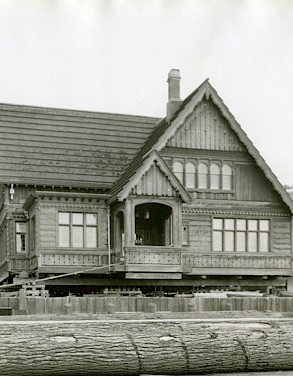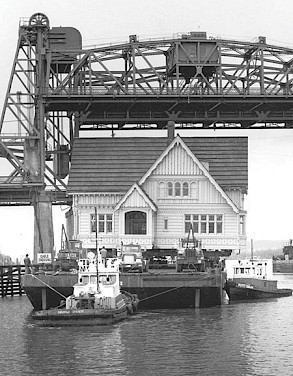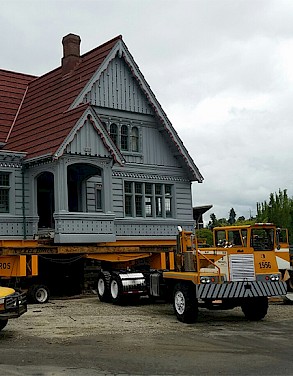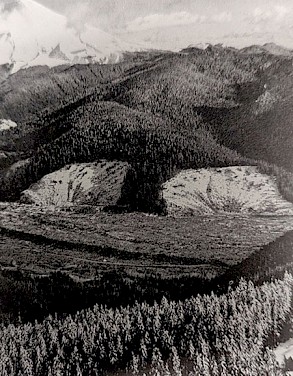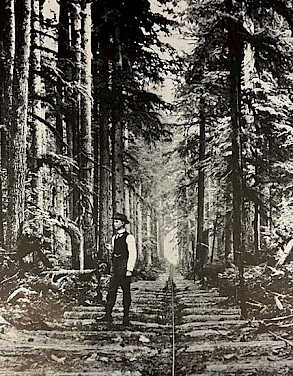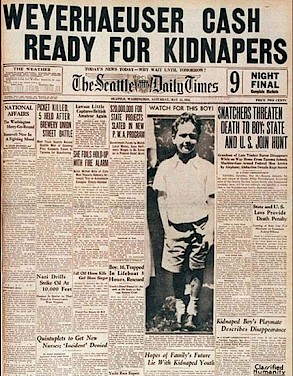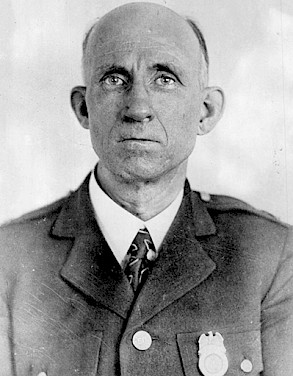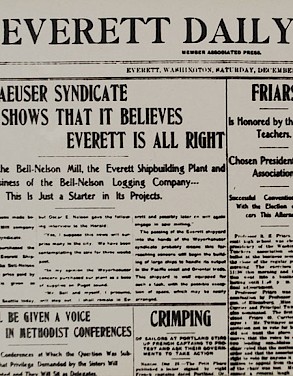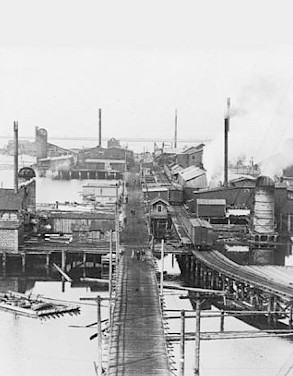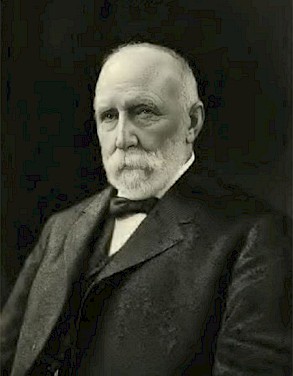The company’s decision to locate in the Pacific Northwest and build mills in Everett has greatly impacted Everett’s history.
Incorporated as a city in 1893, Everett’s future seemed to be assured. Plans for its development were drawn up by a group of industrialists from the “Old Northwest,” or Northwest Territory, and investors from the East Coast. The Everett Land Company didn’t want Everett to be a single-industry town. A nailworks, shipyard, papermill, cannery, brick factory, smelter and railroad were built within the year.
By 1900, Everett’s financial boom was over and the city was struggling to hang on. The price of recovery was the one thing the founders had sought to avoid: Everett was a one-industry town based on forest products and the Everett Land Company was purchased by Minnesota mogul James J. Hill, the owner of the Great Northern Railroad.
Hill needed freight revenues from the Northwest for his railroad and convinced Frederick E. Weyerhaeuser – a St. Paul lumberman and neighbor of Hill’s – to establish himself on the West Coast. Weyerhaeuser liked what he saw in Everett. On Jan. 3, 1900, he purchased 900,000 acres of forestland from the Northern Pacific Railroad (also under Hill control) for $5.4 million – or about $12.3 million in today’s money.
From the very outset, Weyerhaeuser’s influence was notable. Before the Weyerhaeuser purchase, timberland sold for as little as $1.90 per acre; Weyerhaeuser’s agreement to purchase at $6 an acre soon drove up prices to over $10 in Washington and Oregon. The Weyerhaeuser Timber Company was formed in 1900 with its headquarters in Tacoma.
After learning the regional market and industry techniques, the company purchased its first mill in Everett – the Bell-Nelson sawmill – in 1902. Weyerhaeuser produced 28 million board feet of lumber in 1902.
With modernization and efficiency in mind, the company increased production to nearly 40 million board feet by 1906, followed by just under 80 million board feet by 1914.
By 1914, the company was ready to expand its milling operations. An important technological innovation was made at Mill B – the first mill was named Mill A – when Weyerhaeuser decided to run the plant by electricity. Prior to this, virtually all sawmills were powered by steam. When it opened in 1915, Mill B had a capacity of 400,000 board feet per 8-hour shift, far outdistancing the capacity of its steam-powered competition.
The company owned and operated several mills in Everett: After Mills A and B, there was also Mill C, Mill D and Mill E, a sulfite pulp mill, a Kraft pulp mill and a Pres-to-Log mill.






